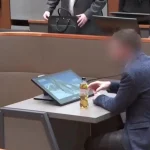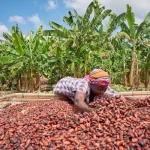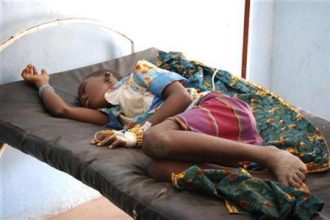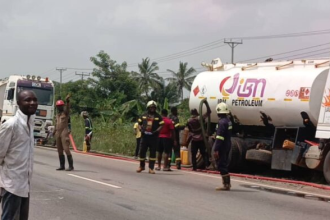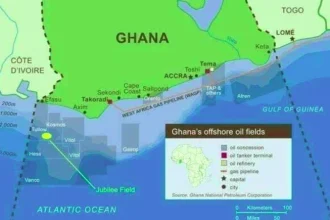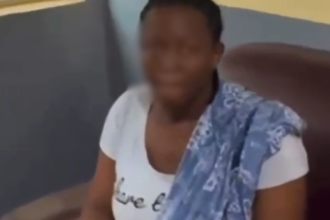In the heart of Accra, a creative storm is brewing, as the Chale Wote Street Art Festival is transforming the buzzing city into a vibrant tapestry of art, music, and varied performances.
This year’s edition, themed “And Now An End To The Empire Of Horrors”, delves into the mystical realm of the Gulf of Guinea, where ancient tales of gods and mortals whisper secrets of a tumultuous past.
This year’s festival, held from Monday, August 19, to Sunday, August 25, 2024, has transformed the city into a canvas as artists weave counterhegemonic narratives of rebirth and resistance.
The festival commenced with a procession through the principal streets of the suburb by the chiefs, indigenes, and participants of the land to commemorate the migration and slavery story of the land.
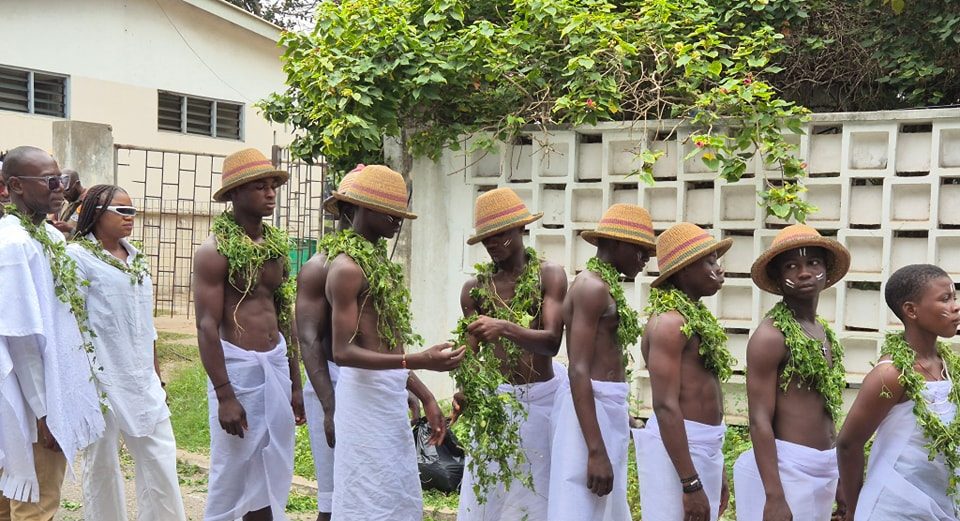
The festival has resurrected the forgotten sacred sciences buried with the giants of old through a kaleidoscope of art, entertainment, and knowledge-sharing labs.
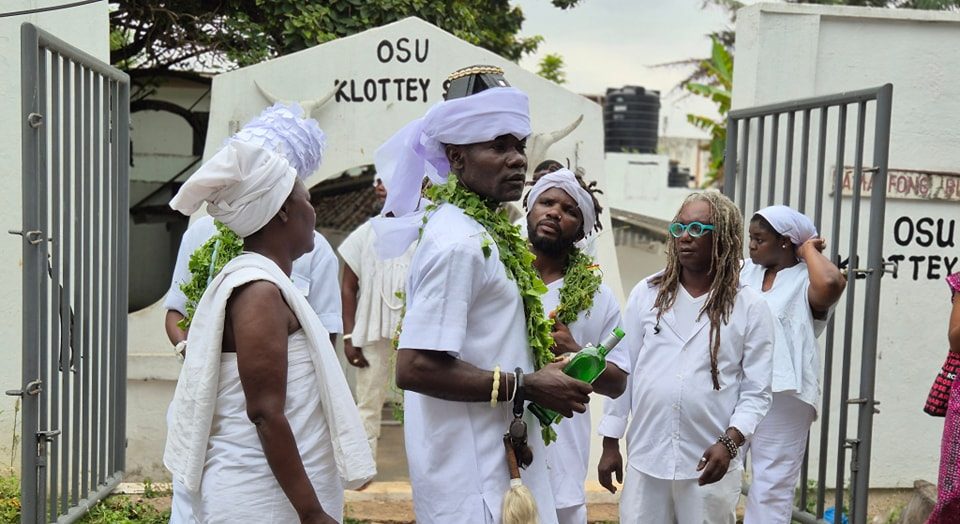
The air was electric with creativity as artists and audiences immersed themselves in the experience, celebrating the triumph of the human spirit.
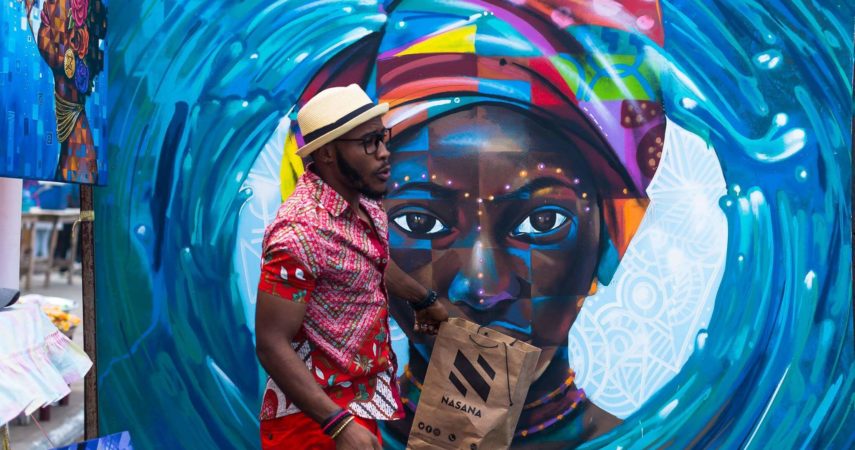
Through art, music, and performance, the festival honoured the legacy of the past while fusing diverse cultures into a unique blend of creativity.
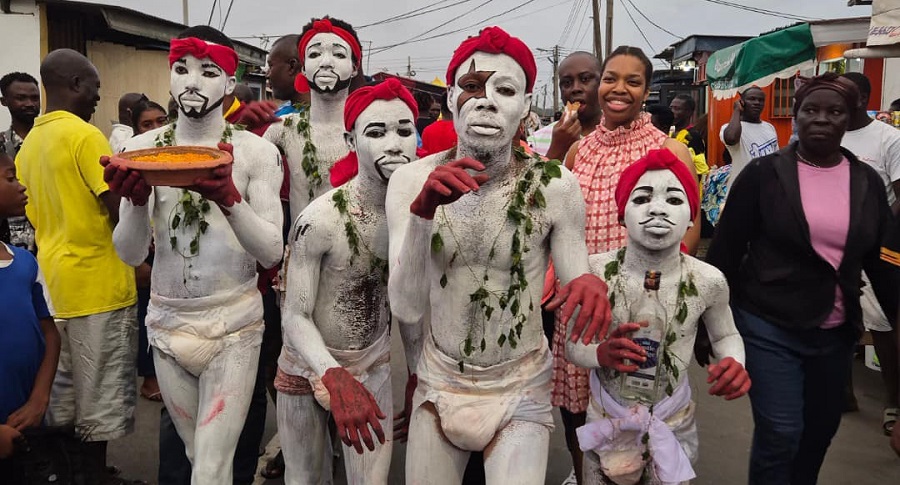
From eclectic visuals to interactive installations, Chale Wote has established itself as a premier platform for artistic display and cultural exchange.
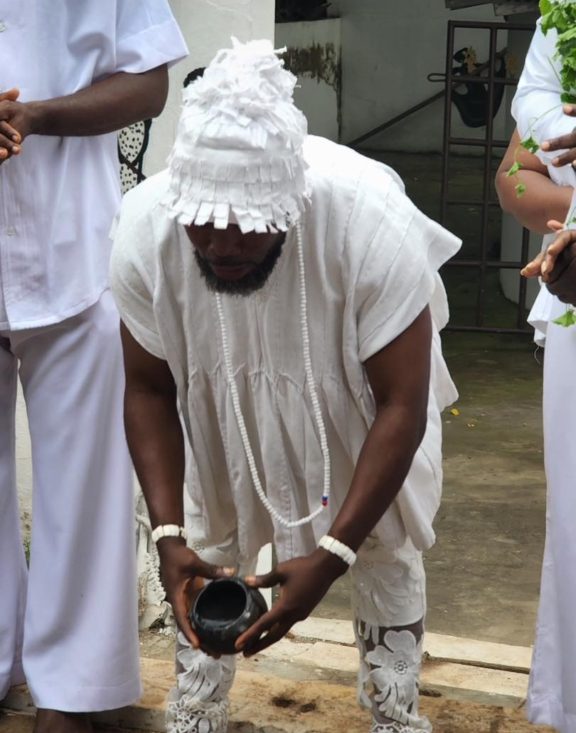
As the festival unfolded, a lasting legacy of creativity, inspiration, and community was woven, leaving a mark on the city.
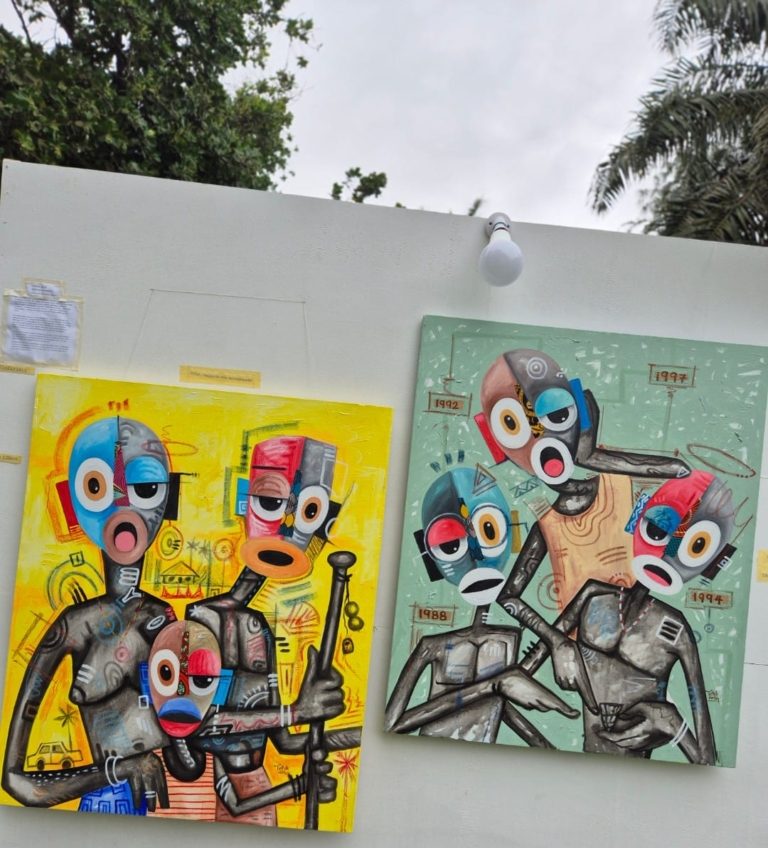
Amid this creative maelstrom, the spirit of Chale Wote pulsed strong, blurring boundaries between past and present, tradition and innovation.
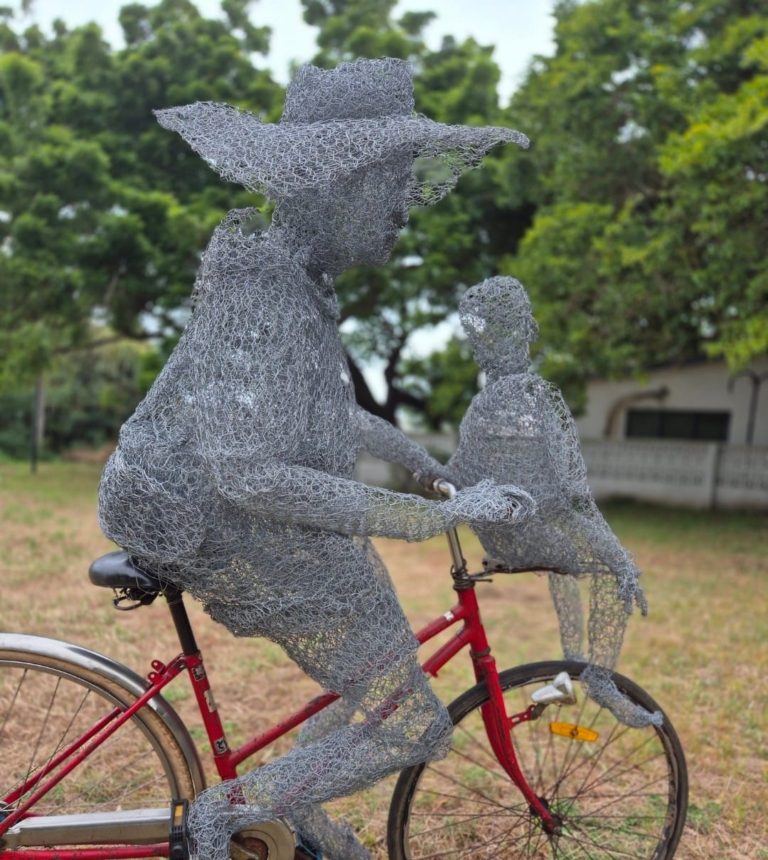
On the third day, a captivating session on Kente weaving revealed the ancient secrets of this timeless tradition, speaking directly to those with a pure heart.
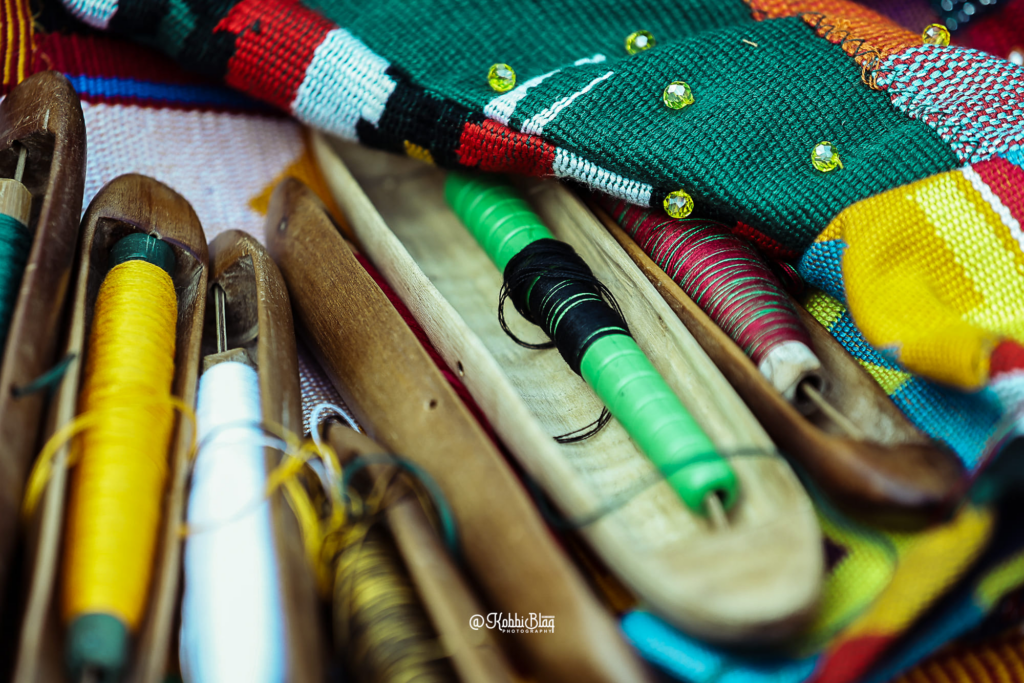
Eli Asem, a master weaver from Agotime Kpetoe, stood as a guardian of this ancestral craft, his hands moving with reverence as he shared the intricate techniques passed down through generations.
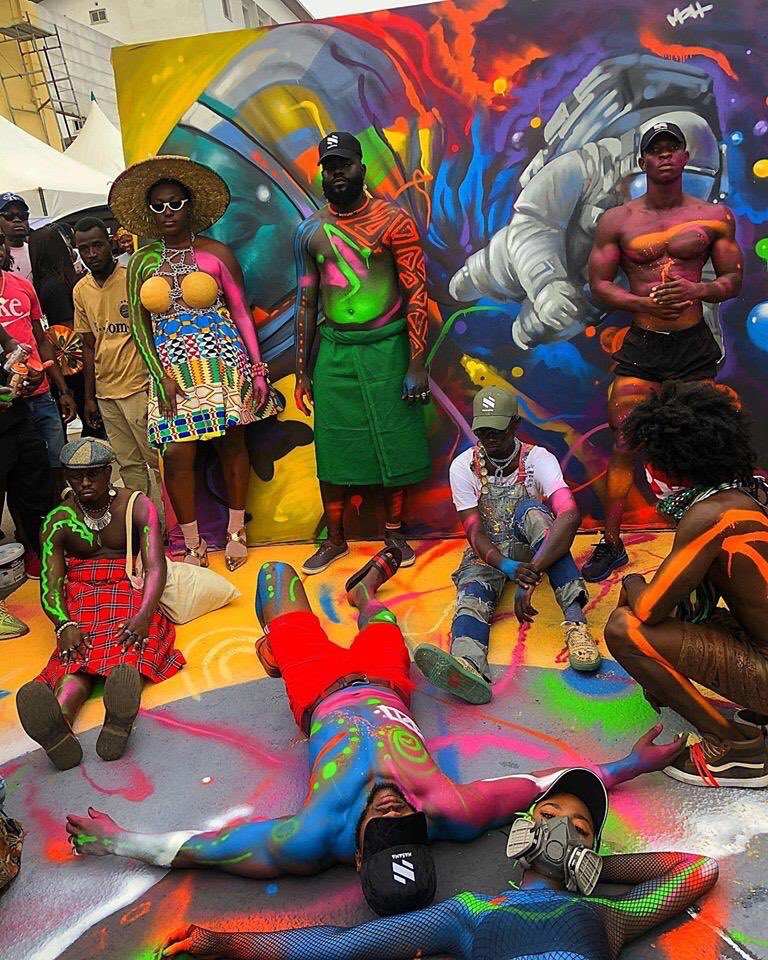
The symbols woven into the fabric, inspired by the rhythms of nature and the whispers of everyday life, held the power to reveal profound truths to those willing to listen.
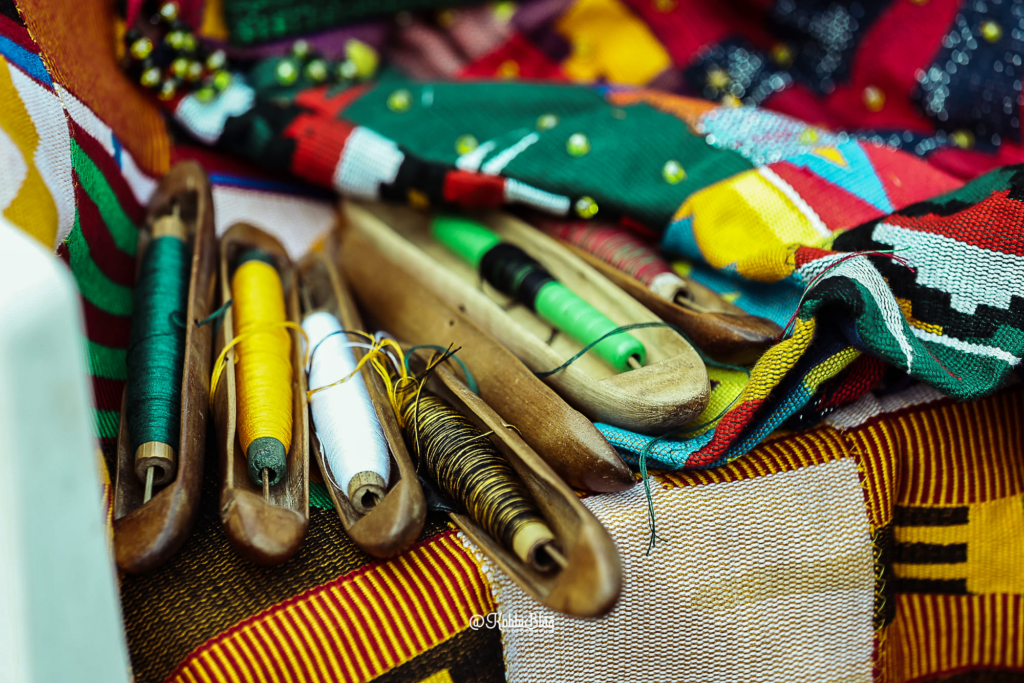
As Eli’s fingers danced across the loom, the threads of tradition and innovation intertwined, revealing the deep significance of Kente weaving.
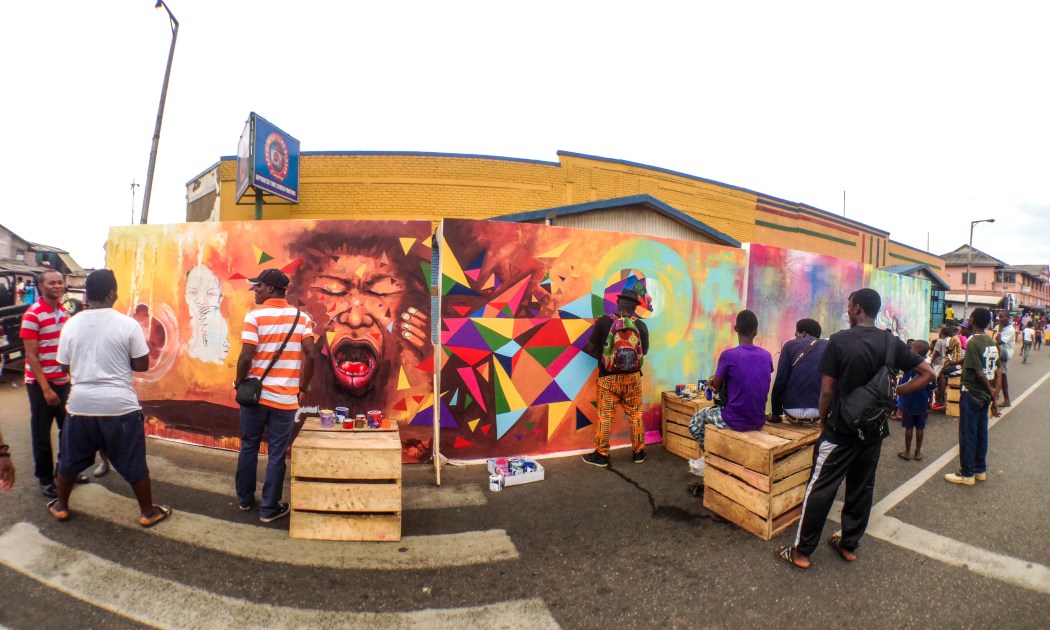
This was no mere craft but a language of the soul, speaking directly to the new generations.
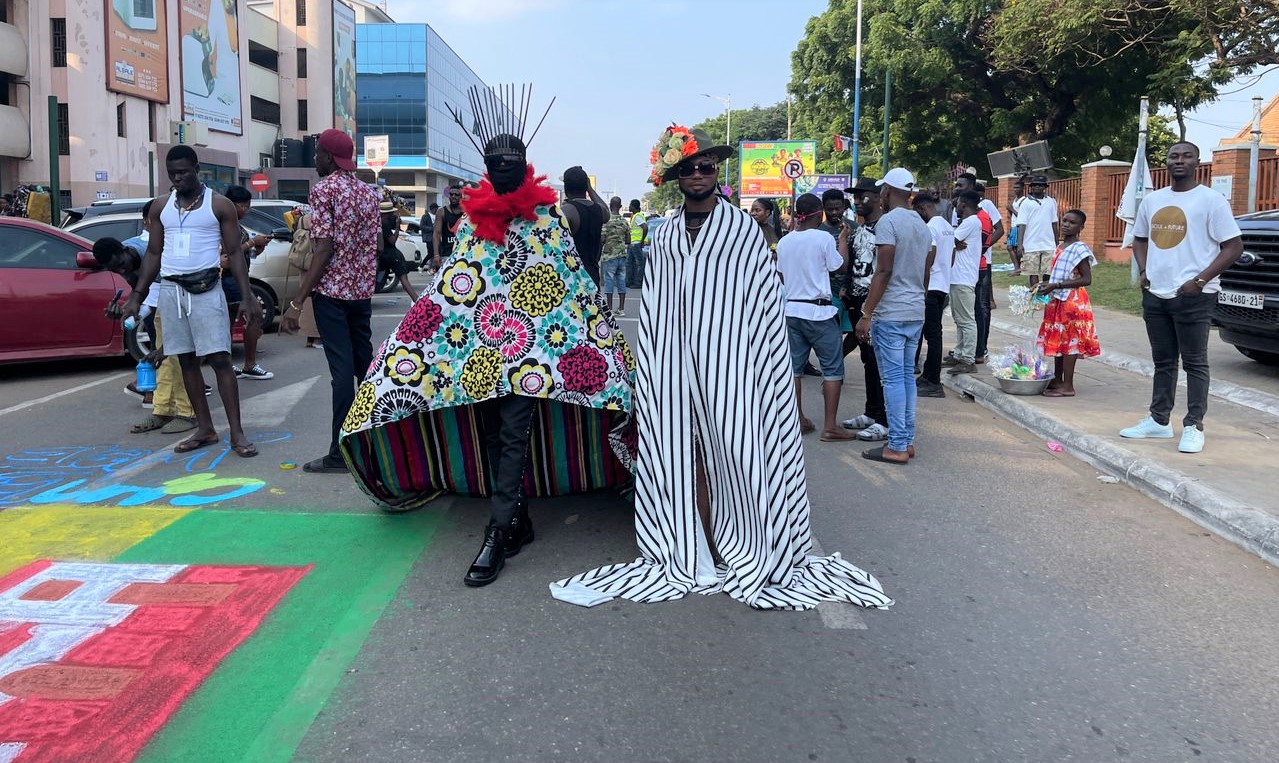
The symbols, imbued with the essence of the land and the wisdom of the ancestors, whispered secrets of the universe, waiting to be deciphered by those who sought to understand.
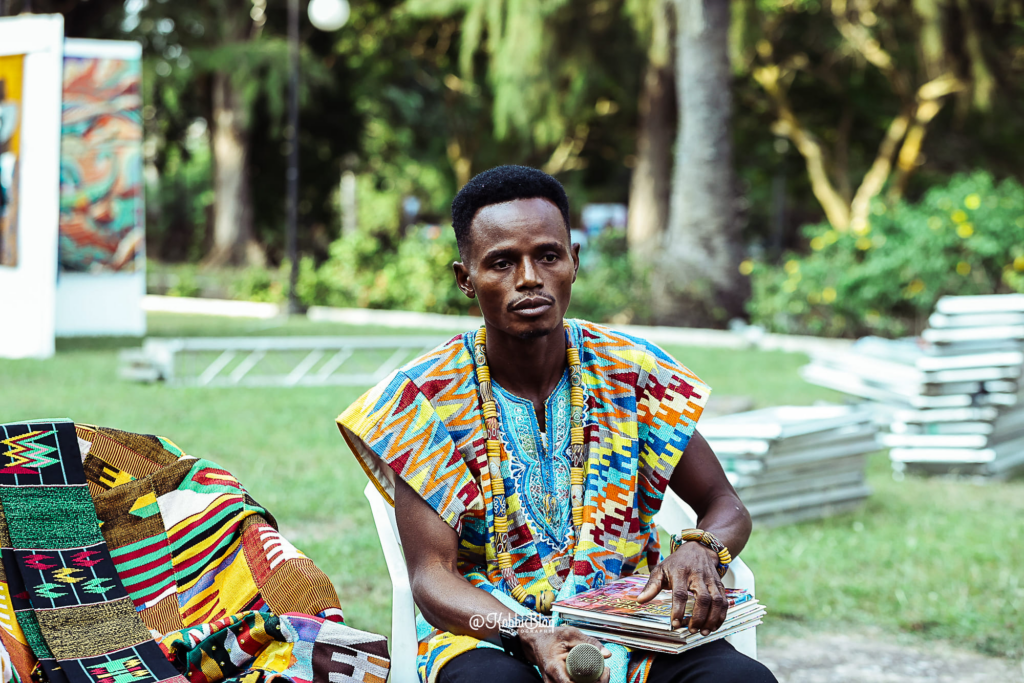
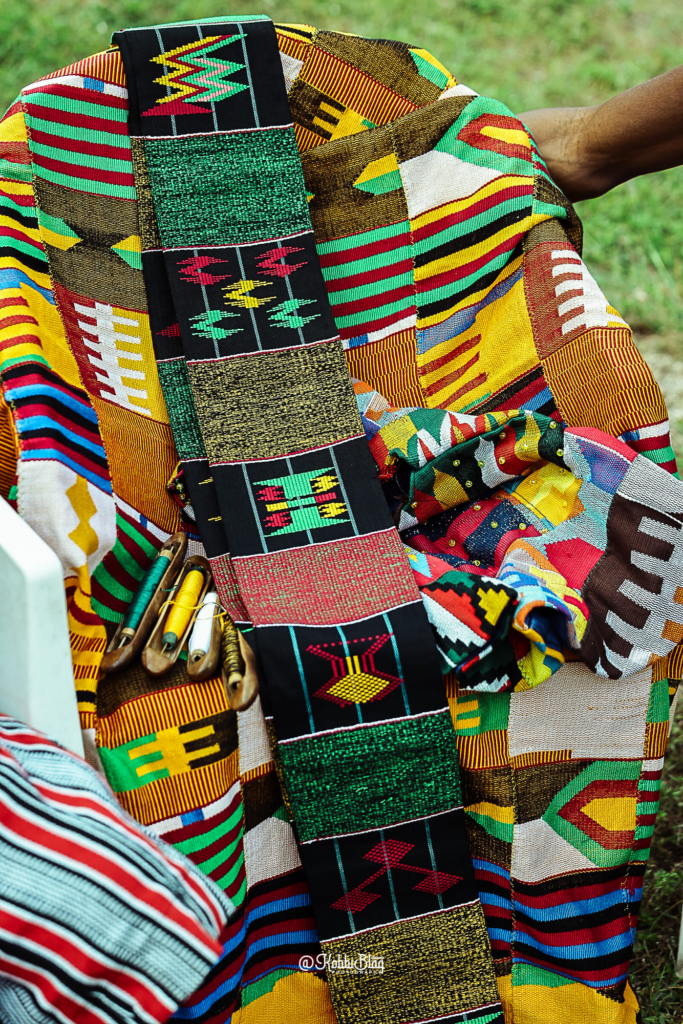
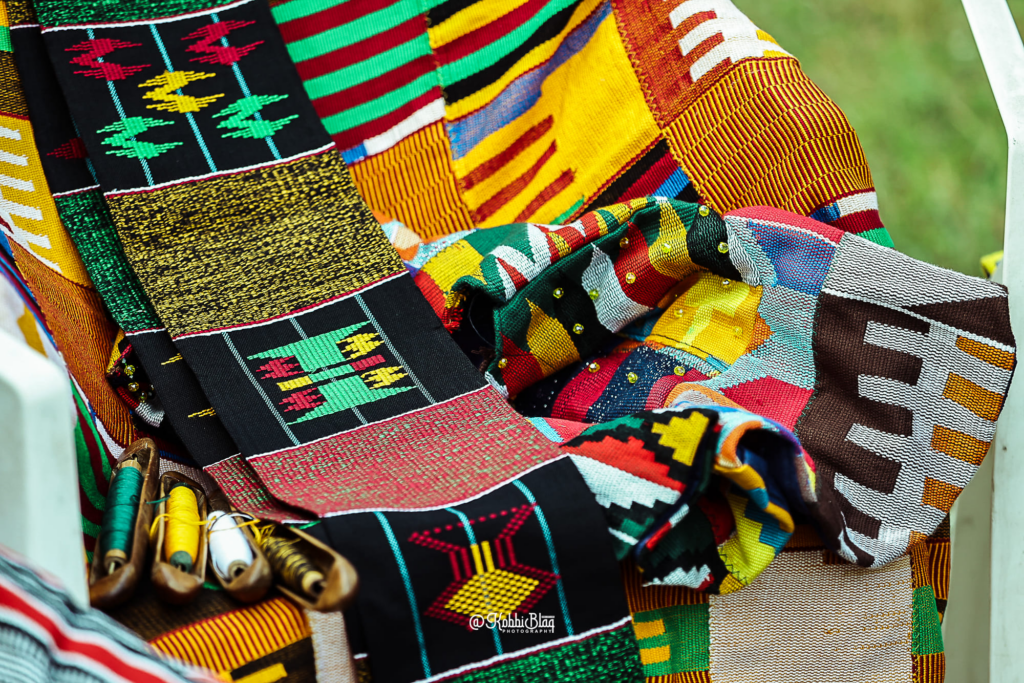
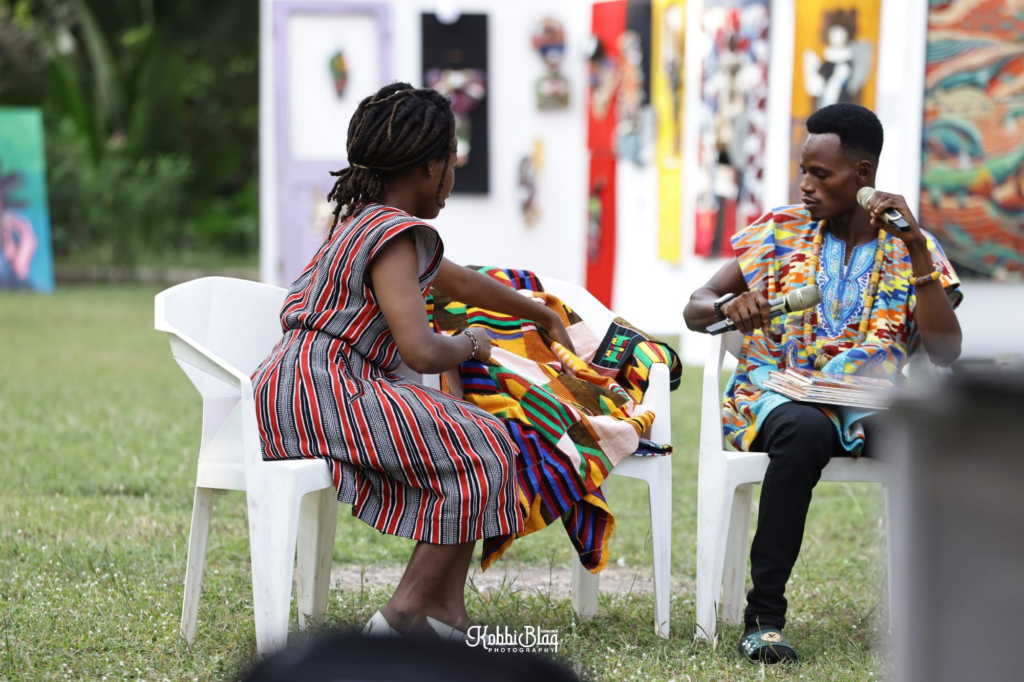
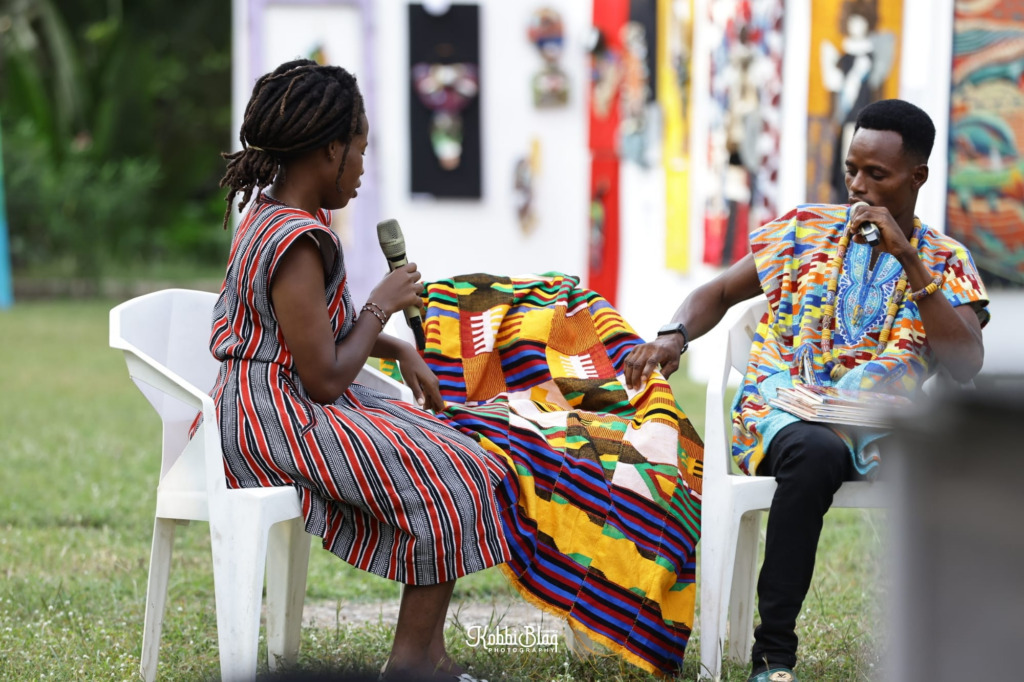
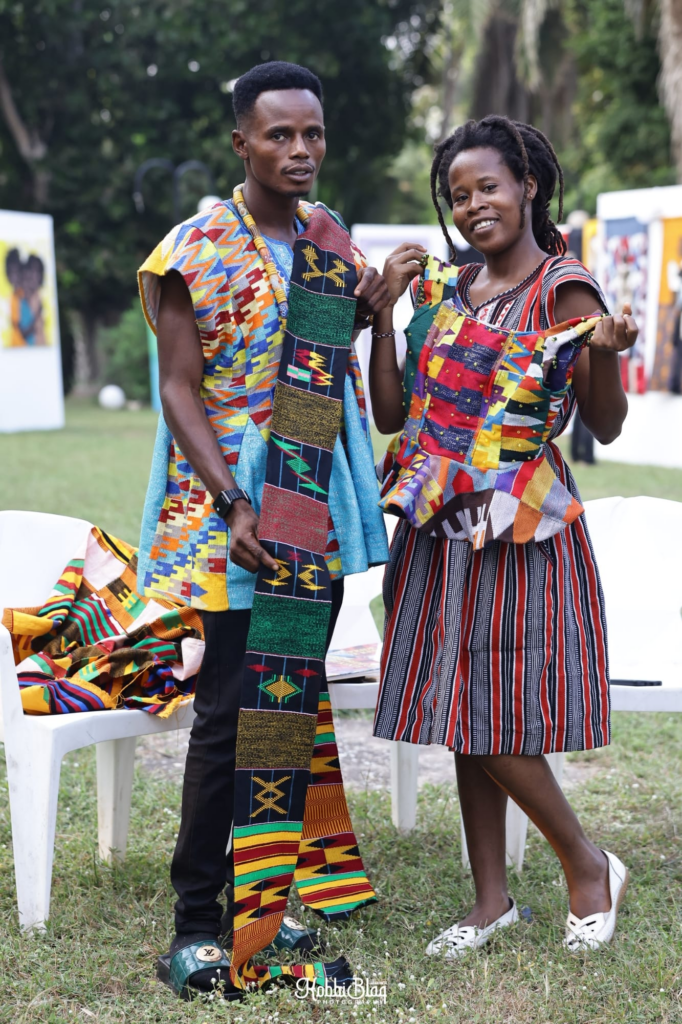
In this sacred space, time stood still, and the boundaries between past and present blurred.
The participants, entranced by Eli’s wisdom, became part of a continuum, connecting the ancient traditions of Kente weaving to the artistic nature of modern art.
As the session ended, the threads of knowledge and creativity remained, weaving a spell of inspiration that would linger long after the festival’s final note faded.
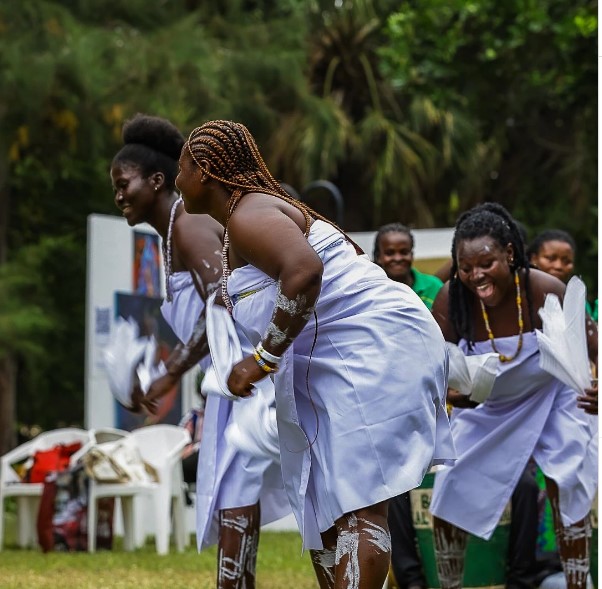
The Denyigba Borborbor Group took centre stage, their mesmerizing performance a testament to the Ewe culture’s profound beauty. Borborbor, a celebration of life, community, and resilience, pulsed through every drumbeat, entrancing the audience.
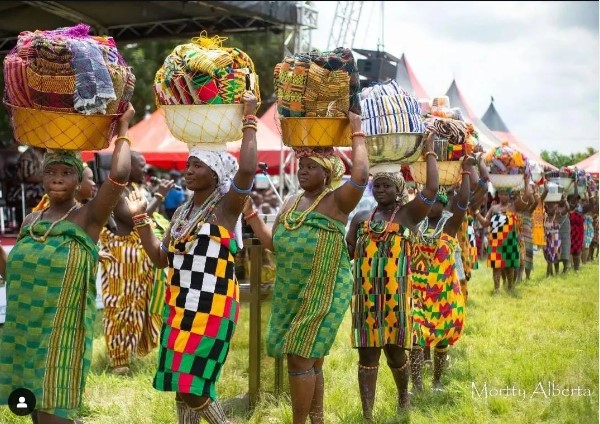
Asafoatse Atanarh of Osu Ashante led a gripping knowledge-sharing session, delving into ancient warfare strategies and weapons, revealing the ingenuity of Ghana’s rich past.
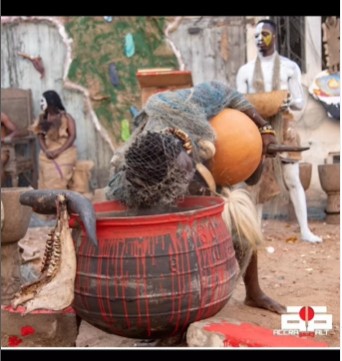
The Castle Gardens thrummed with energy as visitors immersed themselves in the Shika Shika Art Fair, a world of creativity.
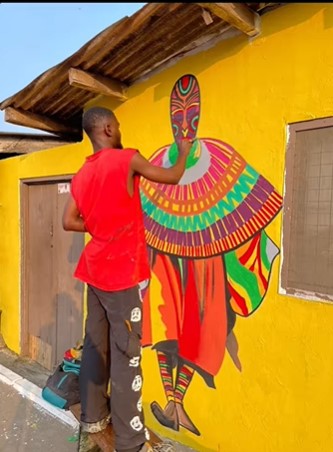
Illashaz, a hip-hop maestro, navigated the evolution of Ghanaian hip-hop, followed by a powerful performance that left the crowd spellbound.
As dusk fell, thought-provoking film screenings ignited conversations on reverse aid-giving and the complexities of caring for loved ones with terminal illnesses.
This festival has always served as an incredible opportunity to witness the fusion of diverse cultures expressed through the universal language of art.
Chale Wote translates to ‘Friend, let’s go’ in Ga, the language of indigenes of Accra, but has come to stand for flip-flops.
The festival, among others, cultivates a wider audience for the arts in West Africa by breaking creative boundaries and using art as a venture.



